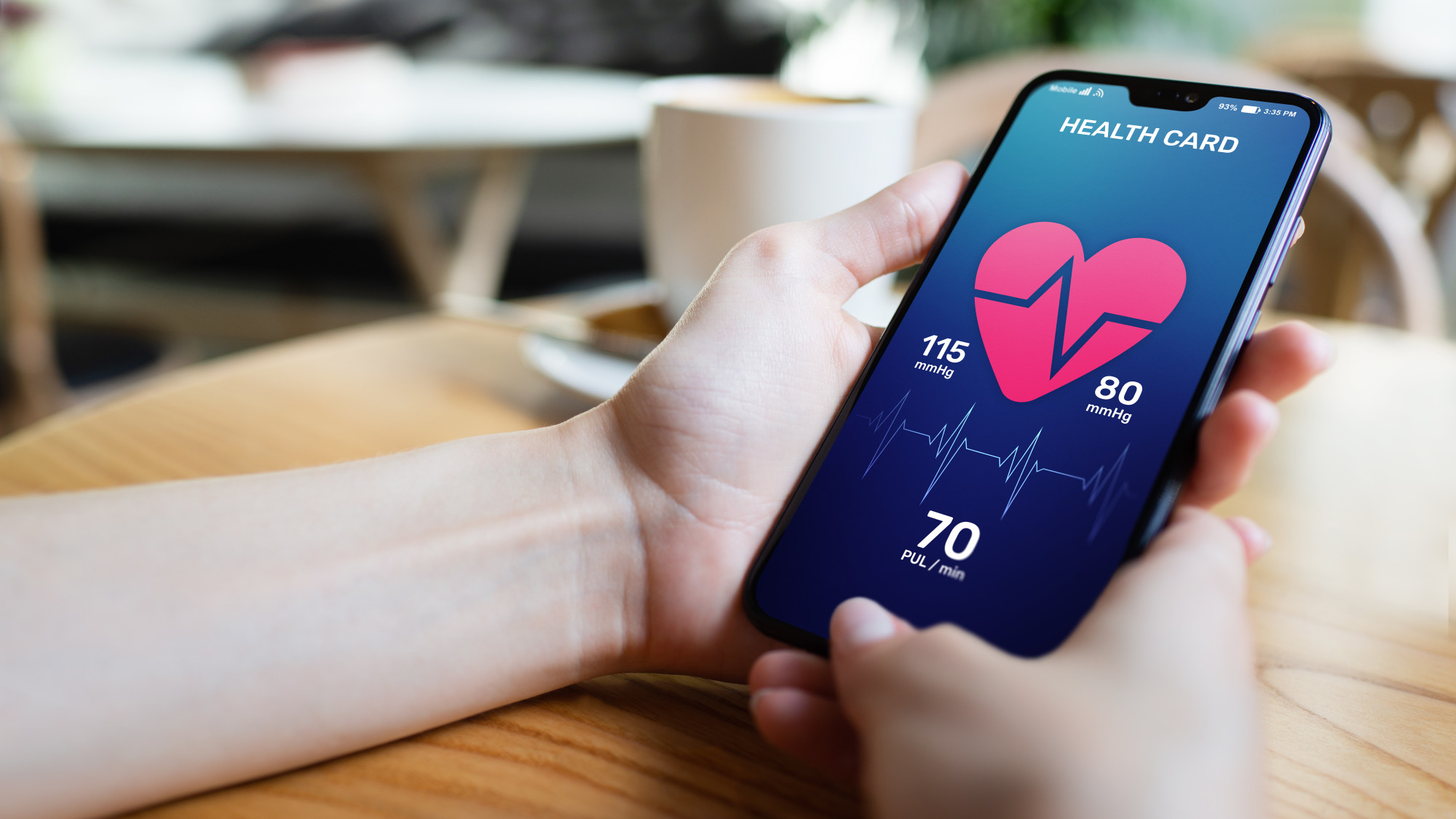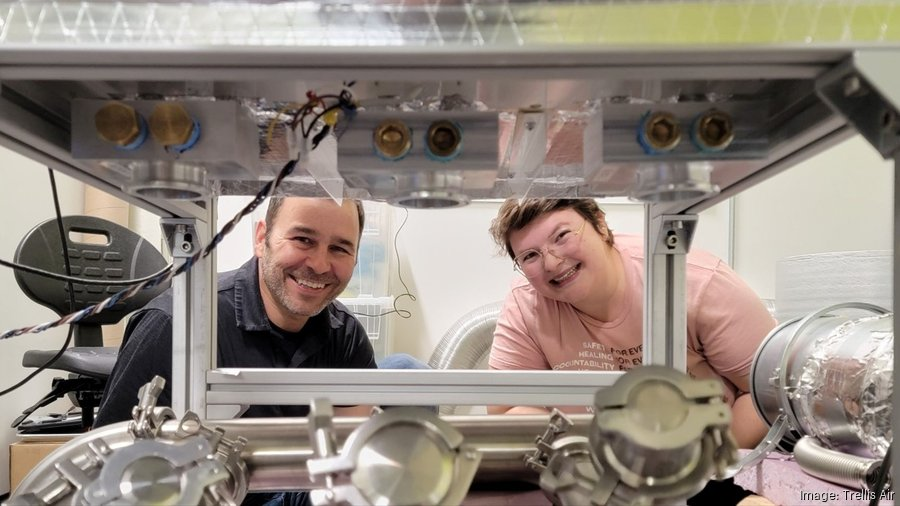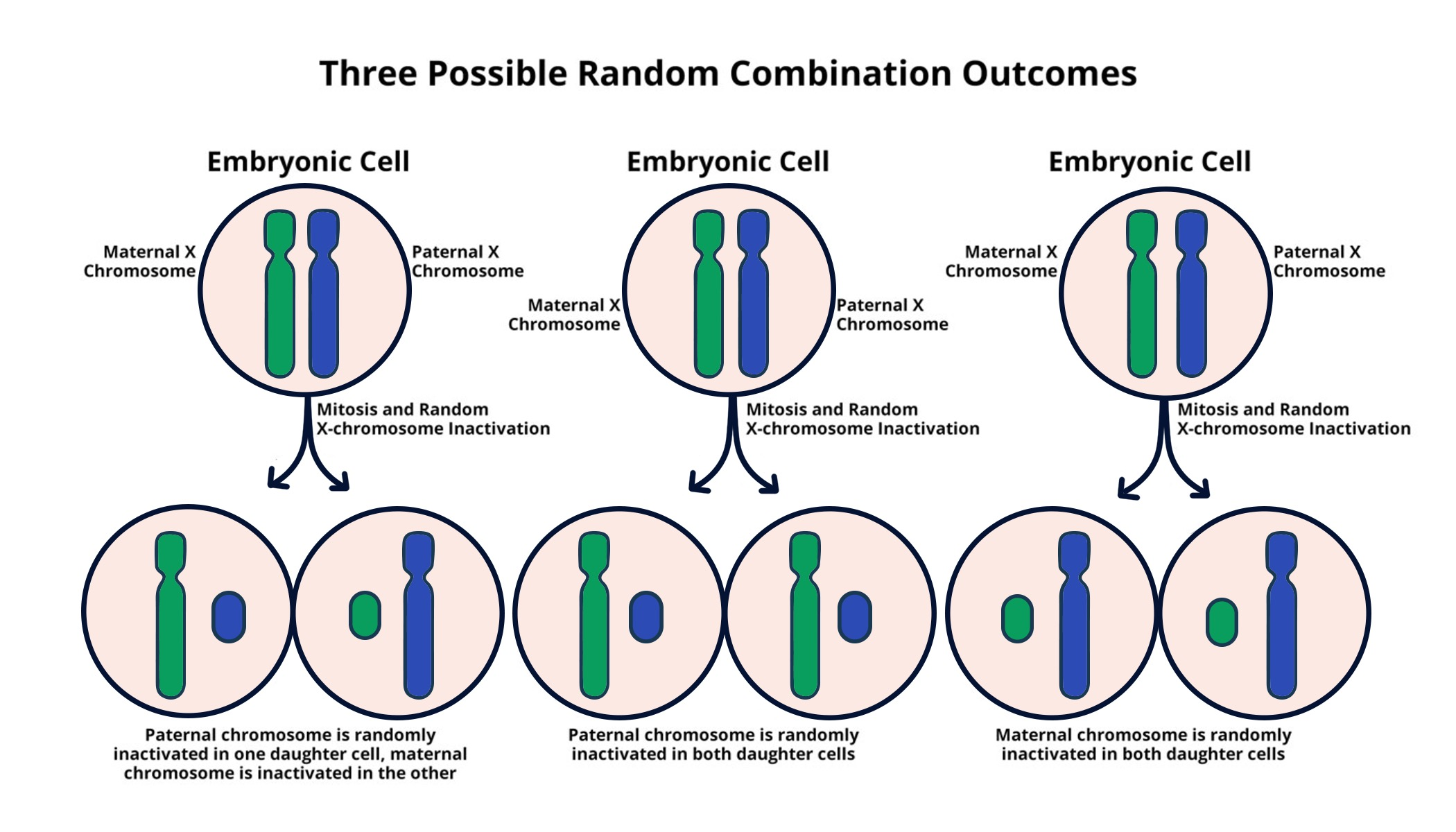Mobile health apps are revolutionizing the way patients manage their health, providing innovative solutions for individuals dealing with chronic conditions like cancer. By incorporating advanced algorithms such as reinforcement learning, these apps offer a level of personalized health technology that enhances the overall patient experience. For cancer patients, these digital health solutions serve as vital tools in maintaining medication adherence, with research showing that over 70% struggle to follow their prescribed regimens. Additionally, these health management apps extend their support by simplifying communication between patients and caregivers, optimizing health outcomes through real-time feedback. As we delve deeper into the evolution of mobile health apps, it becomes clear that they are not just about tracking fitness goals, but about improving quality of life and fostering vital support systems for those in need.
Digital health applications, commonly known as health management apps, represent a significant shift in how individuals manage their wellness through technology. These personalized health platforms cater to a range of users, from cancer patients to those seeking better lifestyle habits, demonstrating the flexibility and effectiveness of modern medical solutions. With tools powered by artificial intelligence, these innovative systems utilize data to create tailored interactions, ensuring that users receive the right guidance when they need it most. Whether it’s aiding in medication management or offering behavioral support, these innovative digital solutions are designed to empower individuals in their health journeys. Ultimately, the rise of mobile health apps illustrates a future where technology and healthcare converge, fostering better health outcomes for everyone.
The Role of Mobile Health Apps in Patient Support
Mobile health apps are transforming the landscape of patient support, especially for individuals navigating the complexities of recovery after serious medical procedures like stem cell transplants. These digital health solutions provide a unique blend of real-time analytics and user-centered design, allowing cancer patients to receive tailored support whenever they need it. By using advanced algorithms, these apps adapt to the individual’s changing health circumstances, reinforcing the importance of adherence to medication regimens which can significantly impact recovery outcomes.
In the realm of cancer care, mobile health apps are proving to be invaluable tools for patients and caregivers alike. Not only do they help track medication schedules, but they also facilitate communication between patients and their families, encouraging a collaborative approach to health management. The integration of personalized health technology within these apps ensures that each user receives feedback and prompts that resonate with their specific situation, thus improving engagement and ultimately leading to better health outcomes.
Reinforcement Learning Algorithms in Health Management
The use of reinforcement learning algorithms marks a revolutionary step in health management apps, fundamentally changing how patients experience their healthcare journeys. These algorithms utilize data from previous user interactions to deliver customized suggestions and alerts, minimizing the likelihood of ineffective notifications. For instance, instead of sending a generic reminder to take medication, the app learns the optimal times and methods to engage the patient, thereby enhancing adherence even in challenging scenarios.
This intelligent design is particularly beneficial for cancer patients who may face a multitude of challenges, from physical side effects to emotional upheaval. By applying reinforcement learning, these health management apps can offer adaptive support, guide users through their unique struggles, and adjust interventions based on real-time feedback. This level of personalization not only empowers patients but also significantly lightens the load on caregivers, who often bear the brunt of managing complex medication schedules.
As the potential of this technology unfolds, researchers are excited about the implications it holds for broader health management, suggesting that future applications could serve diverse populations beyond cancer care.
Enhancing Caregiver Support Through Digital Solutions
Caregiving for cancer patients is a demanding role that can lead to significant stress and burnout. Digital health solutions that include personalized tools for caregivers are not just a luxury, but an essential component of patient support systems. Apps designed with features that allow caregivers to track medication adherence, receive alerts for upcoming doses, and communicate seamlessly with healthcare providers can dramatically improve the quality of care provided to patients. This approach recognizes the important role caregivers play and provides them with the resources they need to effectively manage their responsibilities.
Moreover, these digital solutions, such as the ADAPTS HCT app, create opportunities for more interactive engagement between patients and caregivers. By incorporating gamification elements or social networking features, such apps foster collaboration and enhance the caregiver-patient dynamic. As a result, this support strategy not only improves medication adherence but also contributes to the emotional well-being of both parties, providing a holistic approach to health management.
Just-in-Time Adaptive Interventions for Improved Outcomes
The concept of ‘just-in-time adaptive interventions’ is transforming the way we approach healthcare support, particularly in oncology. This approach utilizes real-time data to deliver timely and relevant interventions tailored to the patient’s current circumstances. For instance, if a patient is struggling with motivation to adhere to their medication regime, the app can proactively provide motivational prompts or support materials that resonate with their emotional state at that moment.
By continually adapting to the individual’s needs, these interventions can increase patient engagement and provide vital support during critical recovery periods. This adaptability is particularly important for cancer patients, who may experience fluctuating physical and emotional states. The application of this innovative technique in mobile health apps ensures that support is not only timely but also impactful, ultimately leading to improved health outcomes.
Impact of AI on Health Management Apps
Artificial Intelligence (AI) is at the forefront of innovation in health management applications, providing unprecedented capabilities for personalization and user engagement. By leveraging vast amounts of patient data, AI enhances the functionality of mobile health apps, enabling them to offer tailored recommendations based on individual behavioral patterns. This personalization represents a shift towards addressing the unique challenges faced by each patient, particularly in areas such as medication adherence and symptom management.
Moreover, the integration of AI facilitates continuous learning within these health management systems. As users interact with their apps, the technology learns and evolves, improving the relevance and effectiveness of the support provided. This dynamic approach is crucial for patient populations, like cancer survivors, who often face distinct and evolving health challenges throughout their recovery.
Creating a Peer Support Network through Apps
Digital health solutions not only enhance personal health management but also pave the way for creating robust peer support networks for patients. Cancer patients can greatly benefit from connecting with others who are experiencing similar challenges; apps designed to foster community can provide that platform. These applications may include features like forums, chat rooms, or social networking elements that allow patients to share experiences and strategies, offering emotional and psychological support.
By facilitating these connections, apps can reduce feelings of isolation and empower patients to take a more active role in their health management. The peer support offered through these digital communities can encourage adherence to treatment protocols and improve overall well-being, ultimately leading to a more holistic approach to health care.
The Future of Personalized Health Technology
As technology continues to evolve, the future of personalized health technology looks promising, particularly in the integration of mobile health apps with advanced computational algorithms. Researchers and developers are increasingly focused on tailoring health interventions to meet the unique needs of individual patients. This shift towards personalization not only enhances user engagement but also addresses the varied challenges that different patient populations face.
The continued advancement of AI and machine learning will enable health management apps to offer even more sophisticated solutions, adapting in real-time to the user’s health status and personal preferences. With innovations like reinforcement learning, these apps will become increasingly adept at supporting patients throughout their journey, fostering adherence to treatment plans while also enhancing overall quality of life.
The Importance of Data Collection and Feedback
Effective data collection and feedback mechanisms are crucial components of any successful mobile health app. These features enable the app to continually refine its algorithms and improve the personalized experience for users. By collecting data on user behavior, medication adherence, and health outcomes, developers can gain valuable insights into how their apps are performing and where improvements may be needed.
Furthermore, timely feedback to users provides the motivation and encouragement they need to stick to their treatment protocols. For cancer patients, in particular, receiving immediate acknowledgment of their efforts can significantly impact their adherence and overall psychological health. Thus, an app that prioritizes user feedback not only enhances the effectiveness of health interventions but also supports patients in their recovery journey.
Harnessing Technology for Improved Cancer Care
The ongoing development of technology in healthcare specifically targets improving cancer care protocols. Innovations like mobile health apps designed for cancer patients are revolutionizing how treatment adherence is monitored and supported. By incorporating advanced analytics and reinforcement learning, these applications create personalized experiences that cater to the emotional and physical needs of cancer patients.
Tailored encouragement, reminders, and resources enable these patients to better navigate their recovery journeys while also minimizing the burdens placed on caregivers. As digital health solutions continue to evolve, the emphasis will increasingly fall on harnessing technology to create supportive environments that enhance both patient and caregiver experiences.
Frequently Asked Questions
What are mobile health apps and how can they support cancer patients?
Mobile health apps are digital health solutions designed to improve health management by offering personalized support and resources. For cancer patients, these apps can provide adherence reminders for medication, education on treatment side effects, and tools to connect with caregivers, ensuring comprehensive support throughout their recovery.
How do reinforcement learning algorithms enhance mobile health apps for personalized health technology?
Reinforcement learning algorithms are a key feature in advanced mobile health apps, allowing them to adapt and respond to individual user behaviors and needs. This technology personalizes health management experiences, providing timely motivational prompts and reminders that align with a patient’s specific health journey, ultimately leading to better adherence and outcomes.
What role do mobile health apps play in health management for caregivers of cancer patients?
Mobile health apps serve as essential digital health solutions for caregivers by offering management tools that help track medication schedules, communicate with healthcare providers, and maintain a caregiver-patient relationship. This support is crucial as caregivers often shoulder a significant responsibility in the health management of cancer patients.
How do mobile health apps improve adherence to medication in cancer patients?
Mobile health apps improve adherence to medication in cancer patients through features such as adaptive notifications, personalized reminders, and engaging activities that promote motivation. By leveraging algorithms that learn from past interactions, these apps can deliver reminders at optimal times, ensuring patients stay on track with their treatment plans.
Can mobile health apps provide psychological support for cancer patients?
Yes, mobile health apps can provide psychological support for cancer patients by incorporating elements that foster social support, like community forums or interactive games. These features can help patients feel less isolated, encourage adherence to treatment, and promote overall well-being during challenging recovery periods.
What is the significance of just-in-time adaptive intervention in mobile health apps?
Just-in-time adaptive intervention is significant in mobile health apps as it allows for real-time adjustments based on user behavior and context. This approach ensures that patients receive appropriate support precisely when they need it, enhancing the effectiveness of health management strategies.
How do mobile health apps integrate feedback from users to enhance their services?
Mobile health apps integrate user feedback through advanced algorithms that learn from user interactions. This continual learning process allows apps to refine notifications, adjust engagement strategies, and improve overall user experience, making them more responsive to individual patient needs.
What makes mobile health apps different from traditional health management solutions?
Mobile health apps differ from traditional health management solutions by offering personalized, real-time interactions that are tailored to individual user needs. Unlike static solutions, these apps leverage algorithms to provide immediate support, making health management more accessible and efficient.
Why are mobile health apps crucial for young adults undergoing cancer treatment?
Mobile health apps are crucial for young adults undergoing cancer treatment because they provide targeted support that addresses both medical and emotional needs. They help this demographic manage the complexities of their care while fostering independence and enhancing communication with healthcare providers.
What advancements in technology are improving mobile health apps for cancer care?
Advancements in artificial intelligence and sensing technologies are significantly improving mobile health apps for cancer care. These innovations enable apps to create highly personalized experiences, offer adaptive interventions, and utilize data to continuously enhance patient engagement and health outcomes.
| Key Topic | Description |
|---|---|
| Mobile Health Apps | Mobile health apps provide personalized support to patients, helping them with medication adherence and health management. |
| Reinforcement Learning Algorithms | These algorithms allow apps to adapt to user behavior and provide timely and relevant interventions. |
| ADAPTS HCT App | Developed for stem cell transplant patients, providing real-time feedback and support to enhance medication management. |
| Collaboration | Researchers, software engineers, and clinicians work together to refine app functionalities and algorithms. |
| Real-Life Applications | Apps like MiWaves and Oralytics demonstrate the use of technology to support addiction recovery and dental hygiene. |
| Future of Mobile Health Apps | Innovations in mobile health apps can potentially lead to a significant improvement in patient care and outcomes. |
Summary
Mobile health apps are transforming the way individuals manage their health by providing tailored support and real-time feedback. With advancements in technology like reinforcement learning algorithms, these apps are now capable of adapting to the unique needs of each user, thereby enhancing medication adherence and overall healthcare management. As research continues to evolve, mobile health apps hold the potential to become indispensable tools in modern healthcare.








